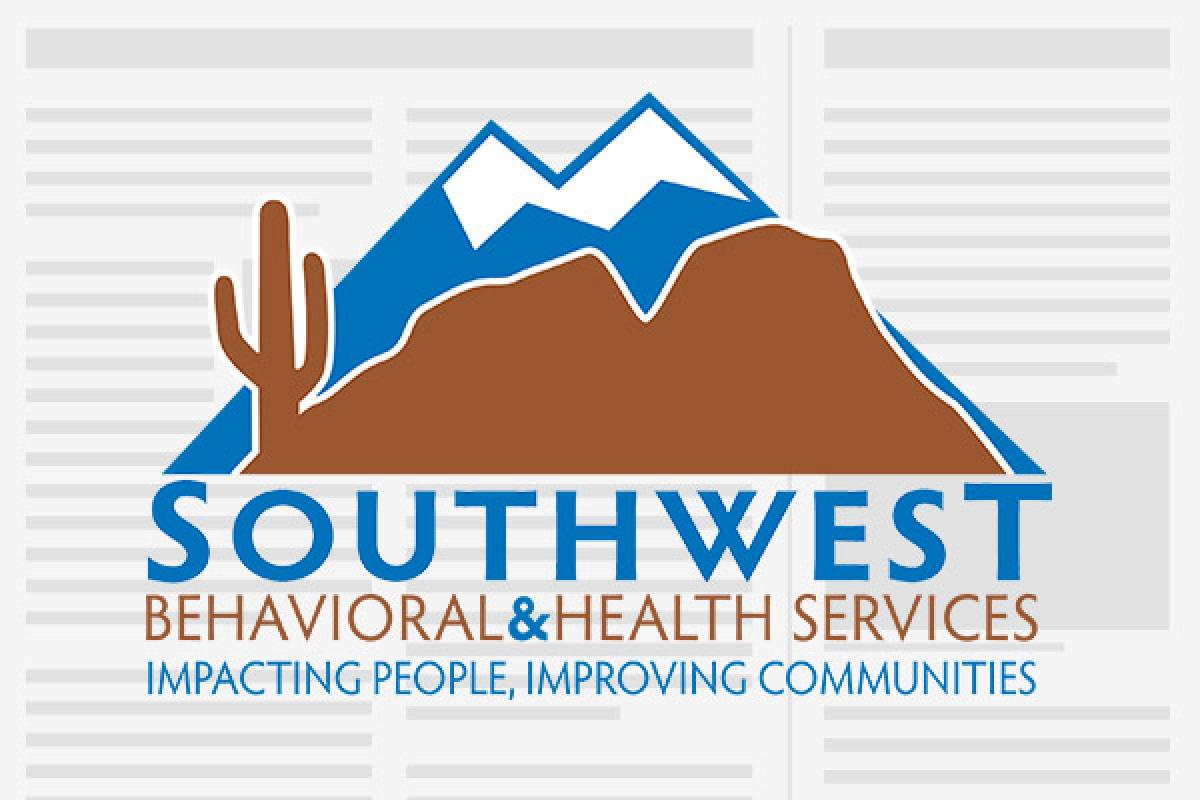
As your kid enters their tween and teen years, the conversations among their friends and peers start to change. In these conversations, they are likely to get inaccurate or one-sided information about drugs. While many schools have programs to help inform teens about the real dangers involved with substance abuse, it is important for parents to reinforce this information in every day conversations.
It is most effective to have short and frequent discussions about the dangers of drugs and alcohol rather than one long talk. By using this tactic, you are allowing an open line of communication between yourself and your teen. This is very valuable for when they face challenging situations because they will be comfortable approaching you with their concerns.
When having these discussions, keep the following points in mind:
· Be prepared – Arm yourself with the facts on the harmful effects of drugs and alcohol. A good way of doing this is participating in any informational programs through your child’s school.
· Do not get hooked into an argument – If you sense yourself becoming overbearing or disrespectful during a discussion with your teen, it will give them reason to tune you out and rebel. Make sure to have plenty of patience during the conversation.
· Invite your teen’s input – Ask for their opinion on the topic and express your interest in hearing what information they share. Remember, this is a discussion, not a lecture.
· Come from caring, not authority – You will have more of an influence on your teen by showing you care about their well-being rather than wanting to dictate and demanding obedience.
Your teen needs your positive influence to counter any negative peer pressure they may face outside of the home. It is important for you to be part of your teen’s education to help balance any misinformation they garner from their peers. Not only that, but by educating your teen about drugs you can be sure that the messages your kids receive fit into your own value system.













